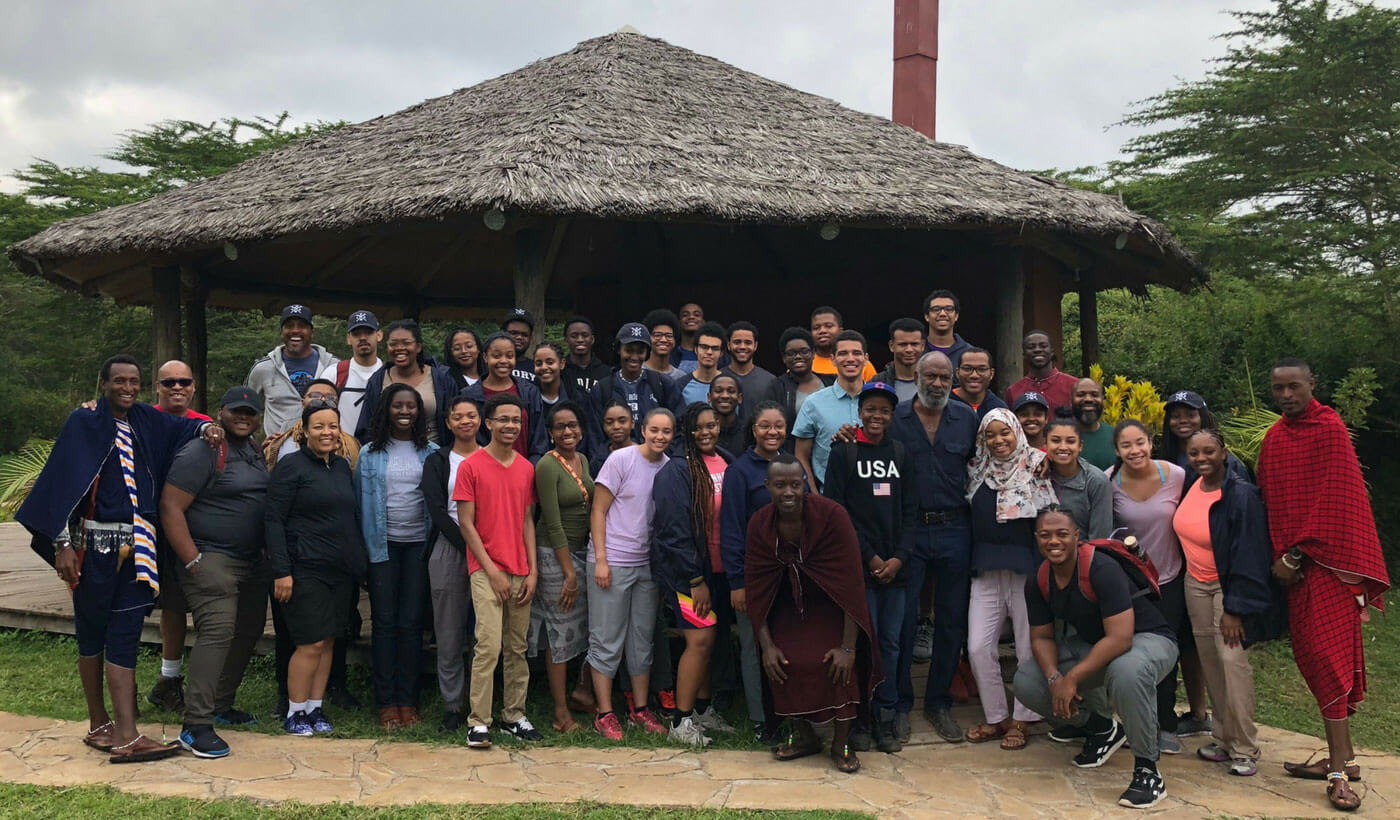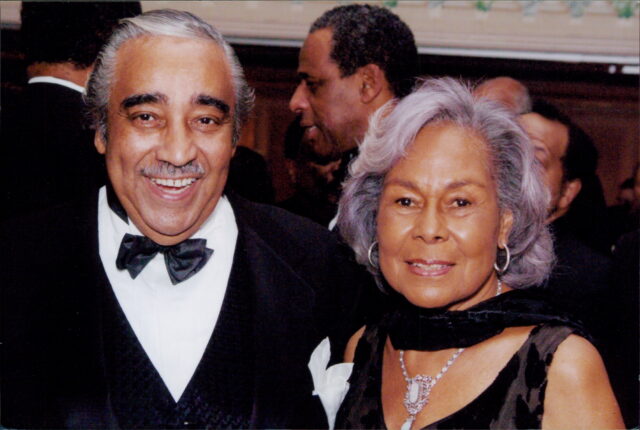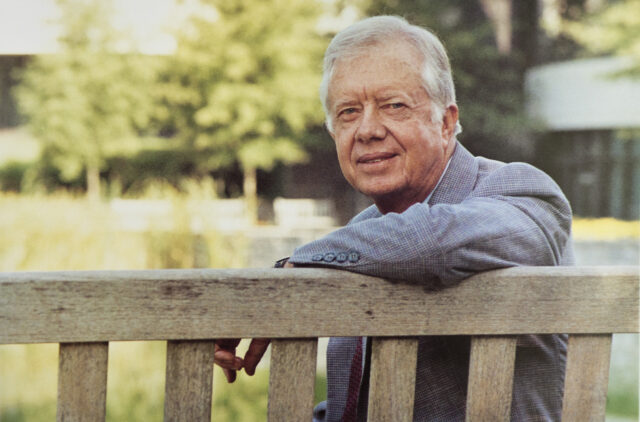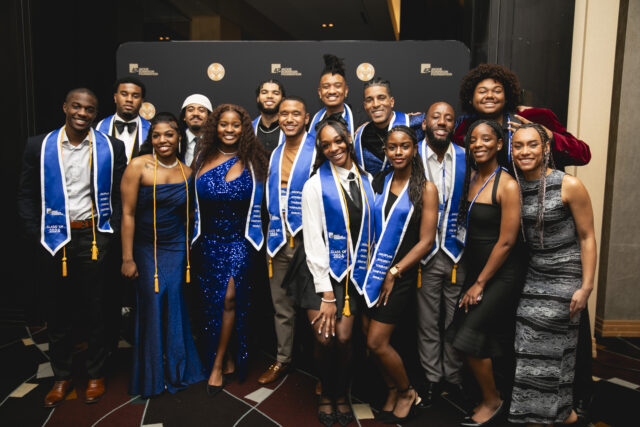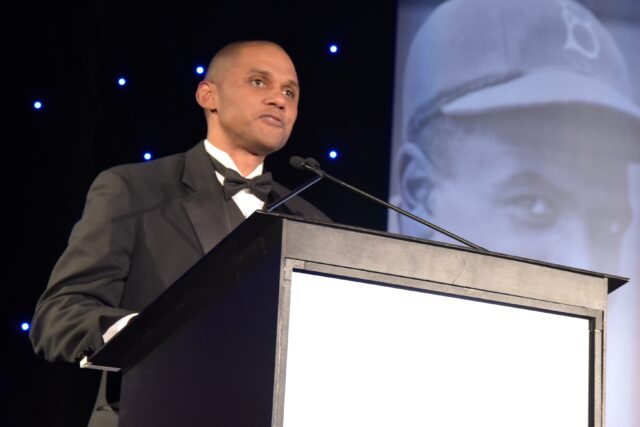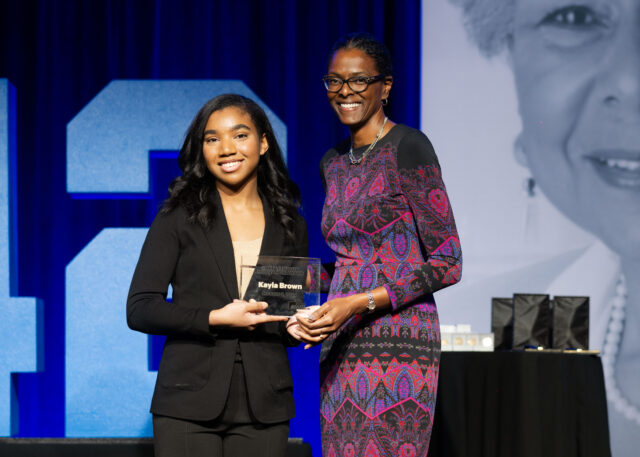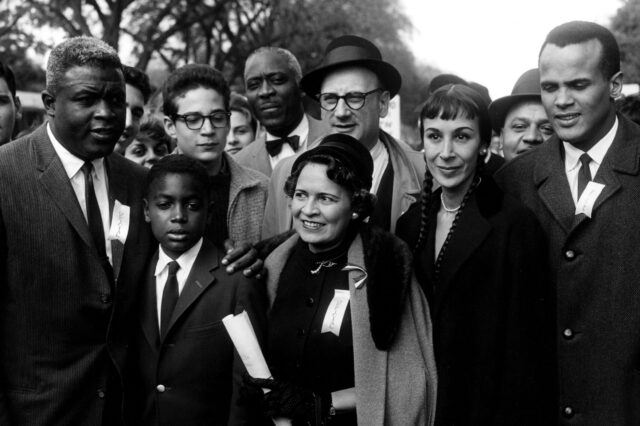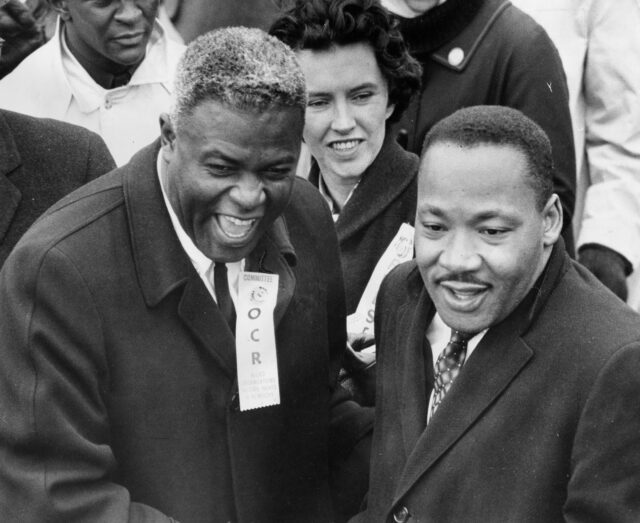The Summer 2018 Tanzania Service Trip
JRF’s Rachel Robinson International Fellowship (RRIF) program partnered with Me to We to send 39 Scholars from the Class of 2021 to the Arusha region of Tanzania for 10 days of volunteer work and cultural exploration.
With technology shrinking and shaping the world of the future, it is crucial that young Americans gain a global perspective. Future leaders will tackle the demands of global markets, live in an increasingly connected geopolitical system, and face global issues such as sustainability and climate change.
At the Jackie Robinson Foundation, we encourage young leaders to become global citizens and promote Rachel and Jackie Robinson’s values of humanitarianism and service as part of our comprehensive program. The Rachel Robinson International Fellowship (RRIF) exposes JRF Scholars to the world beyond our country’s borders.
A service trip to the Arusha region of Tanzania this year gave the JRF Scholars in the class of 2021 a chance to help members of a rural community in East Africa while expanding their horizons and exposure to a rich culture. In Tanzania, JRF Scholars assisted with a variety of challenges facing the village they visited.
Students Helping Students
Tanzania’s schools are crowded, as village populations can outnumber the available seats in rural schools. This leaves administrators with little space to prepare lessons or gather for training. Scholars helped to build new buildings at a village school outside of the city of Arusha to be used as teachers’ and administrators’ offices.
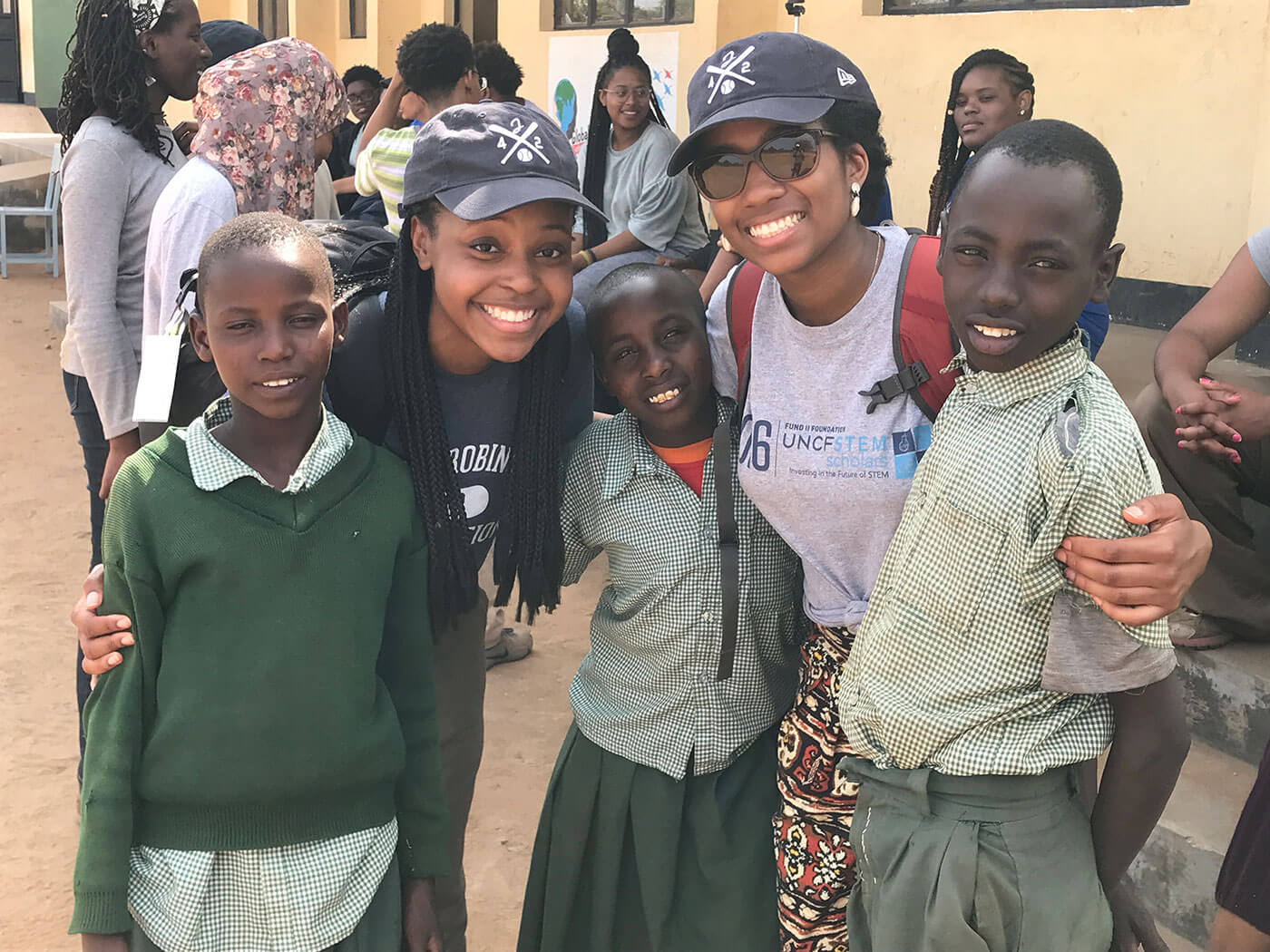
JRF Scholars got the chance to see the day-to-day challenges students face around the world and gained a greater appreciation for their own education.
Building Homes Away From Home
80% of the Tanzanian population is rural. Many people live in traditional homes known as bomas, small structures that are built by hand from natural materials. Maintaining these homes requires regular patching and JRF Scholars helped the villagers they visited by patching holes and shoring up walls with a mixture of charcoal ash, water, and cow dung.
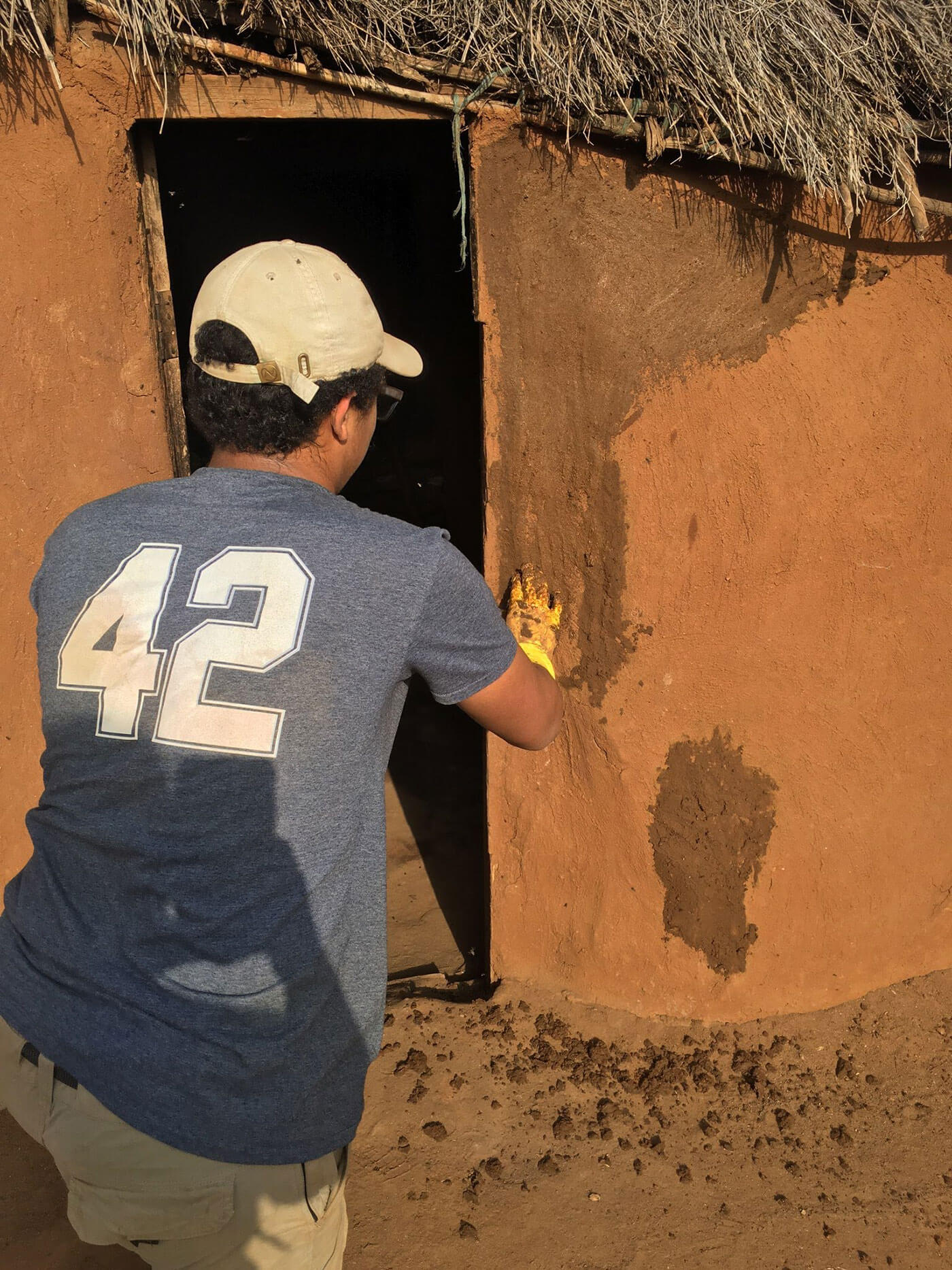
After getting over the initial reservations they had about the natural materials used to patch the bomas, the Scholars quickly learned the basics of construction and worked with community members to completely refurbish a boma in the village. The experience gave Scholars a firsthand look at the collective spirit of the community and helped them learn about working together and supporting each other.
Students Walk the Walk
Accessing clean water is a challenge in many places around the world. In many parts of Tanzania, women must walk for hours to collect water for drinking, bathing and cleaning clothes. Students helped the women of the village they visited by hiking the hour-long hike to the nearest source of clean water and carrying back 40-liter containers of water to the village.
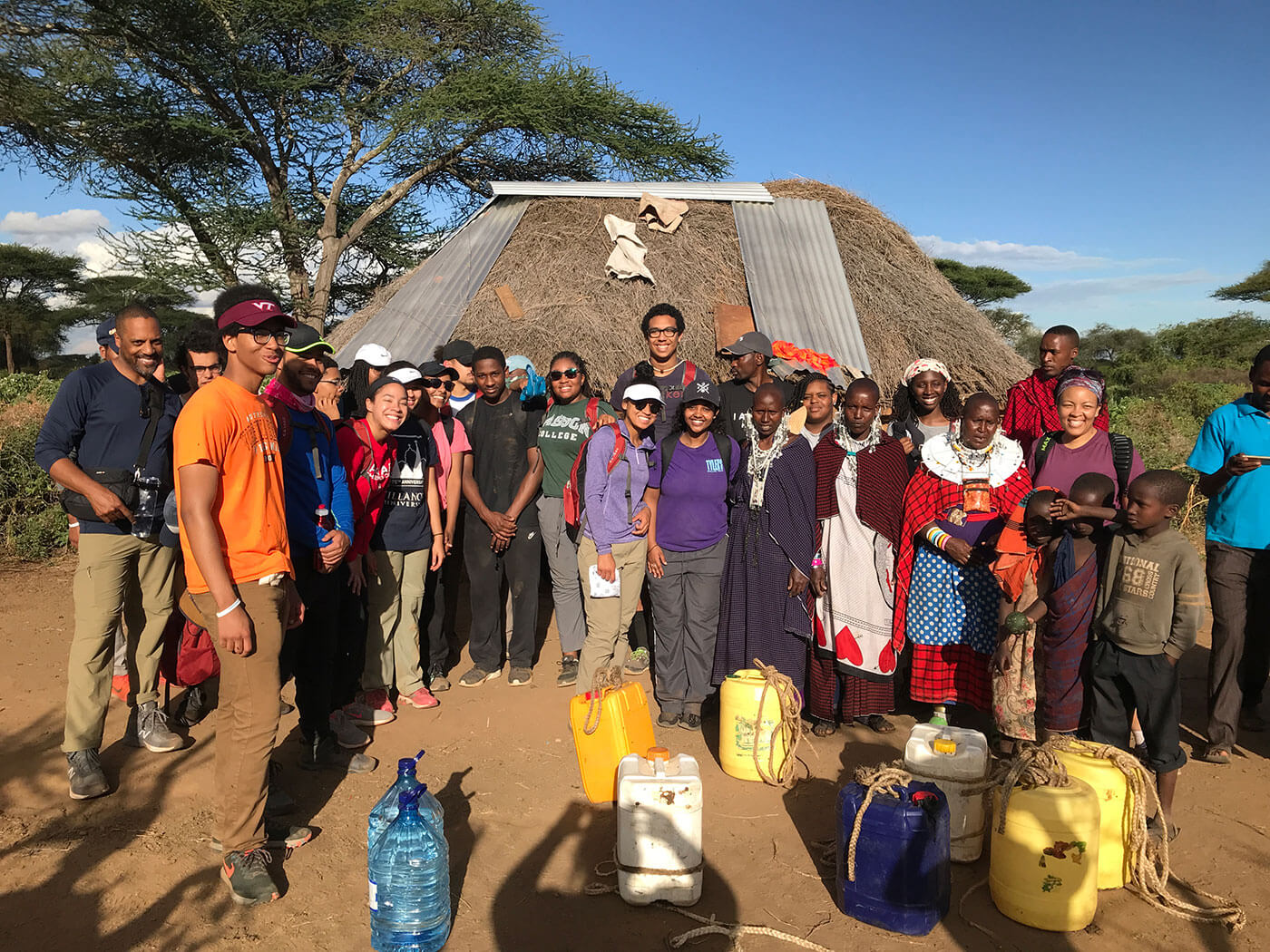
Accompanying two village women, Scholars were able to learn how local people carry large amounts of water on their backs. The Scholars were then able to deliver many extra liters of water to the village, saving the villagers hours of time. This experience reinforced both the Scholars’ appreciation for the resilience of the people and their awareness of the water crisis that faces many of the world’s inhabitants.
Unforgettable Experiences
Serving the community gave the Scholars unique perspective and much more. The cultural exchange created memories that will last a lifetime. Scholars formed strong bonds with each other and with the Tanzanian people they met. They were exposed to new ways of life along with a range of people from diplomats to local herders. The experience shaped these young lives and gave perspective to these emerging leaders.
